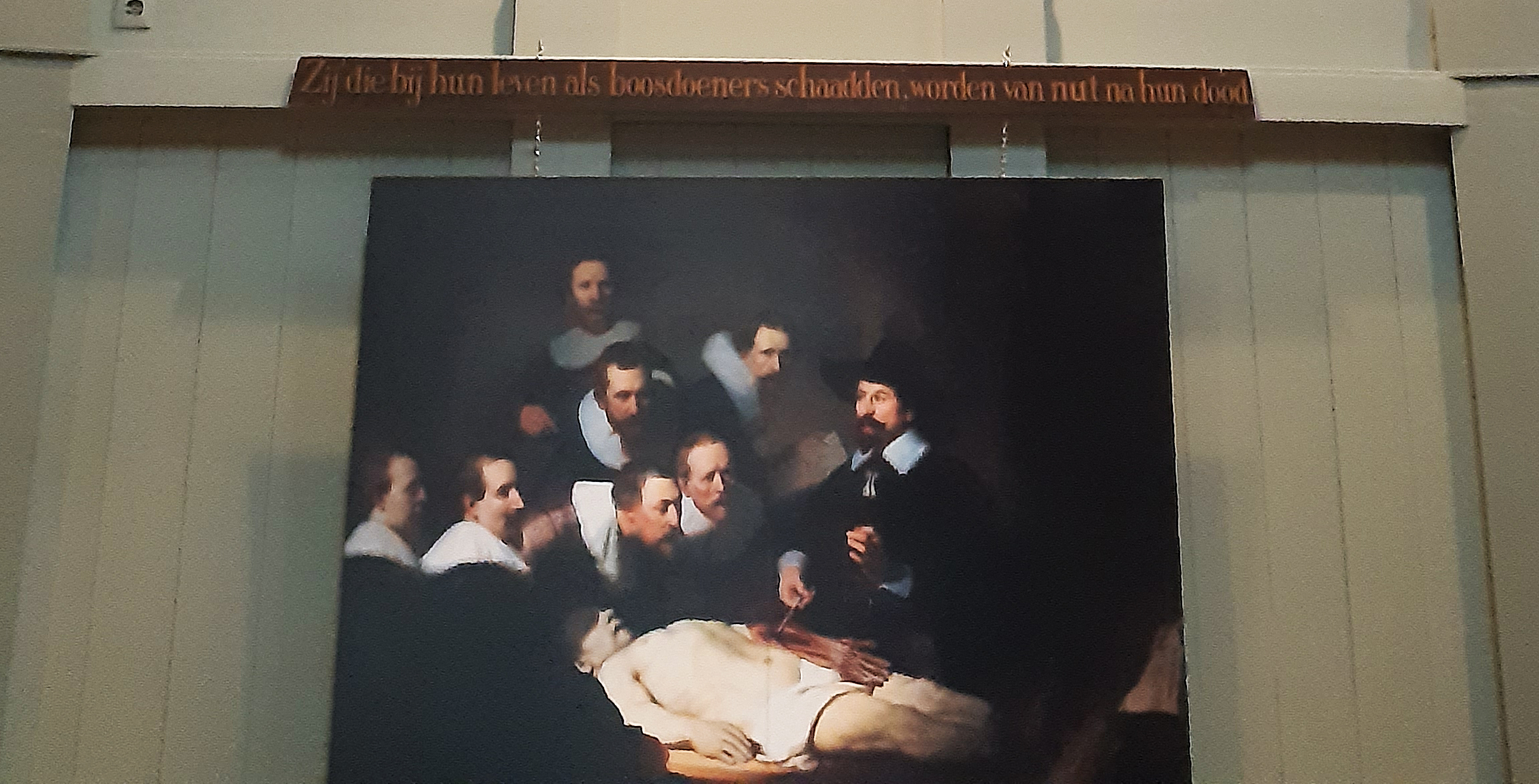On the 27th and 28th of February 2020, Waag hosted the Kick-off meeting of the HYBRID LAB NETWORK project.
The main goals of project were discussed at the Kick-off meeting by the representatives of Aalto University (Finland), Alma Mater Europea (Slovenia), Instituto de Biologia Molecular e Celular IBMC/i3S (Portugal) and Waag (Netherlands). The first transnational project meeting (Kick-Off) was held at Waag’ iconic 15th-century building on the Nieuwmarkt square in Amsterdam.
The first day of the meeting was dedicated to several organizational and coordination issues, as well as the focus of the project and the Intellectual Output.
It began with presentations on each partners experience in inter- and transdisciplinary teaching-learning activities, allowing the participants to emphasize the role and requirement of innovative teaching and learning methods, current teacher training programmes and resources, as well as the challenges each faces in their own institutions, setting the tone for the two-day program.

The meeting continued with the presentation of the multifaceted dimensions of the Coordination (schedules, timeline, communication between partners, etc.), and tools and formal Erasmus rules (Mobility tool and E+ platform results). The work proceeded with the election of the Steering Committee, and approval of coordination documents provided prior to the meeting (Visual identity of the Project, Project Management Handbook, Quality Management Plan and Dissemination & Communication Plan). Following the works continued with the overview of administrative procedures and management of the Project by the Project Coordination Team (IBMC). The first day of the meeting agenda concluded on a discussion on the perils and allures of the development of Intellectual Output 1 (Hybrid Lab Network Structure, Identity and
Platform – a structure for Cooperation, networking (including network creation and strategies and peer-learning activities) and the discussion provided an opportunity for the tuning of roles and tasks and a clearer definition of the intended outcome.
In the culmination of the meeting on the first day the whole group had a tour on the premises of Waag and had a chance of meeting further researchers and know about other projects waag is currently developing. The day ended with the group´s visit to ‘Micropia’ the Museum of Microbes in the Natura Artis Magistra’s historical building “Ledenlokalen” (1870) and a social dinner event.

The second day of the Kick-off meeting was held at the famous antique dissection theatre and witnessed by the copy of Rembrandt’s painting ‘The Anatomy Lesson of Dr Nicolaes Tulp’ and was oriented to the activities discussion and preparation of partner universities tasks towards the development of the second intellectual output (… ) and the first intensive training program in a form of a three-day workshop with the venue in Porto at Instituto de Investigação e Inovação em Saúde -i3S. The works proceeded toward the HYBRID dissemination strategy and methodology and instruments to measure project results, impacts and sustainability. This was matched with and individual/collaborative effort on mapping the stakeholders at this initial stage of the project.
In the culmination of the meeting waag’s team drew the attention of the participants to the quality evaluation and report and these propelled further discussions and feedbacks and the execution of a swat analysis
The formal and informal parts of the ongoing discussion during the entire two days provided enough room for the complexity of the project approaches and outcomes, understanding the roles and tasks of each partner. The main goals of the meeting, which were the social interaction between some members that have not previously met and the thorough discussion of the ethos of the project its intertwined challenges and the desire to produce four intellectual outputs that may contribute to a rippled impact in Higher Education strategies, were achieved.
Thus, the Kickoff was a successful endeavour that allowed all partners to reach a common understanding about its implementation specificities, and also make sure that everyone is aware of their expectations and responsibilities regarding the project, its outcomes and its sustainability.

